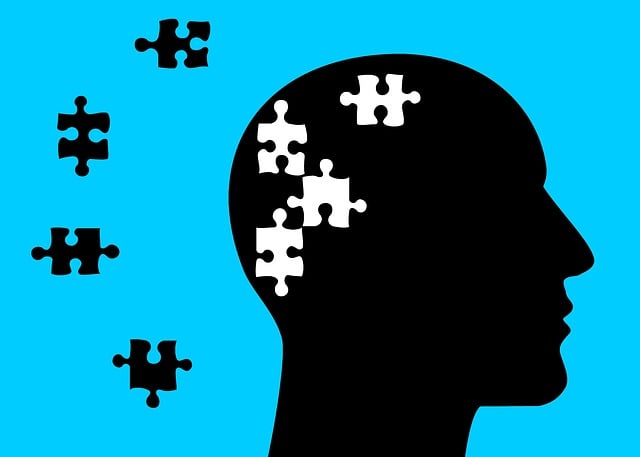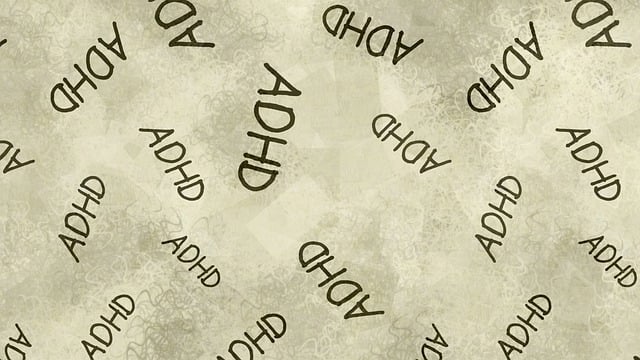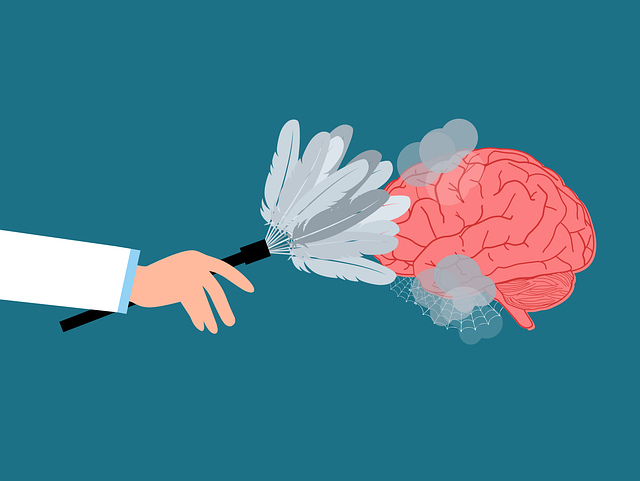In today's fast-paced world, where stress and trauma are prevalent, especially in domestic violence therapy communities, mental wellness is a critical component of overall well-being. Centennial Domestic Violence Therapy (CDVT) offers effective coaching programs that empower individuals to take charge of their mental health through evidence-based practices like CBT and mindfulness meditation. These tailored programs foster self-awareness, healthy coping strategies, and stress management tools, catering to diverse learning styles. By combining these approaches with ongoing professional development, CDVTs create impactful, holistic curriculums driving lasting positive change in survivors' mental wellness.
Mental wellness coaching programs have emerged as a crucial component in addressing contemporary challenges to psychological health. As we delve into this article, we explore the growing importance of these initiatives, particularly in light of issues like domestic violence. We’ll guide you through the process of designing effective coaching models, integrating evidence-based therapies, and evaluating their impact, using Centennial Domestic Violence Therapy programs as a case study. Understanding these elements is key to fostering positive mental wellness outcomes.
- Understanding the Need for Mental Wellness Coaching Programs
- Designing Effective Coaching Models and Curricula
- Integrating Evidence-Based Therapies and Techniques
- Implementing and Evaluating the Impact of Centennial Domestic Violence Therapy Programs
Understanding the Need for Mental Wellness Coaching Programs

In today’s fast-paced world, mental wellness has become an increasingly important aspect of overall well-being. The demand for effective coaching programs that support emotional healing processes is higher than ever, especially in communities like Centennial Domestic Violence Therapy areas where stress and trauma are prevalent. These coaching programs play a pivotal role in empowering individuals to take charge of their mental health and develop essential coping skills.
By offering tailored guidance and support, Mental Wellness Coaching Programs can help participants navigate through complex emotional landscapes. Through interactive sessions, they foster self-awareness, promote healthy coping strategies, and provide tools for managing stress and anxiety. Whether it’s through individual therapy sessions or engaging Mental Wellness Podcast Series Production, these programs cater to diverse learning styles, ensuring accessibility and effectiveness in supporting one’s journey towards better mental wellness.
Designing Effective Coaching Models and Curricula

Designing effective coaching models and curricula for mental wellness programs is a meticulous process that requires careful consideration. Incorporating evidence-based practices like mindfulness meditation proven to enhance emotional regulation and reduce stress, as showcased by Centennial Domestic Violence Therapy’s success in their community outreach program implementation. This integration ensures that coaches are equipped with the tools to support clients on their journey towards resilience and well-being.
Curriculum development should prioritize a holistic approach, addressing not only individual growth but also fostering connection within communities. By weaving in techniques like cognitive behavioral therapy (CBT) and solution-focused brief therapy (SFBT), mental wellness coaching programs can be tailored to meet diverse needs. A well-rounded curriculum, combined with ongoing professional development for coaches, is key to creating impactful Mental Wellness Coaching Programs Development that drive lasting positive change.
Integrating Evidence-Based Therapies and Techniques

Integrating evidence-based therapies and techniques is a cornerstone in developing effective mental wellness coaching programs. At Centennial Domestic Violence Therapy, we understand that a holistic approach addressing both emotional intelligence and resilience building is essential. By incorporating evidence-backed practices like cognitive-behavioral therapy (CBT), mindfulness, and stress management techniques, our programs aim to empower individuals with the tools needed to navigate life’s challenges.
The design of mental health education programs should focus on fostering self-awareness and coping strategies. Through interactive workshops and individualized coaching sessions, participants learn to recognize triggers and develop healthy responses. This not only enhances emotional intelligence but also strengthens resilience, enabling individuals to overcome obstacles and maintain mental wellness in the long term.
Implementing and Evaluating the Impact of Centennial Domestic Violence Therapy Programs

Implementing Centennial Domestic Violence Therapy programs is a multifaceted process that requires careful planning and ongoing evaluation to ensure effectiveness and positive outcomes for participants. These therapy initiatives aim to address complex issues stemming from domestic violence, offering crucial support and resources to those affected. By integrating evidence-based practices, such as cognitive-behavioral therapy and trauma-focused approaches, coaches can facilitate meaningful healing and personal growth.
Evaluating the impact of these programs is essential for measuring success and identifying areas for improvement. Regularly assessing participant progress through surveys, interviews, and behavioral observations provides valuable insights into the program’s effectiveness. Moreover, tracking long-term outcomes, such as reduced violence incidents and improved mental health, allows for a comprehensive understanding of the program’s lasting impact. Incorporating feedback from participants and community stakeholders is also vital in refining these therapy programs, ensuring they meet the evolving needs of survivors and foster public awareness campaigns development, confidence boosting, and positive thinking within affected communities.
Mental wellness coaching programs, particularly those inspired by evidence-based therapies like Centennial Domestic Violence Therapy, have become crucial tools for fostering resilience and recovery. By integrating effective coaching models and curricula, these programs can significantly impact individuals’ mental health and well-being. As we move forward, continuous evaluation and refinement based on real-world outcomes will ensure their longevity and success in addressing contemporary challenges related to mental wellness.














